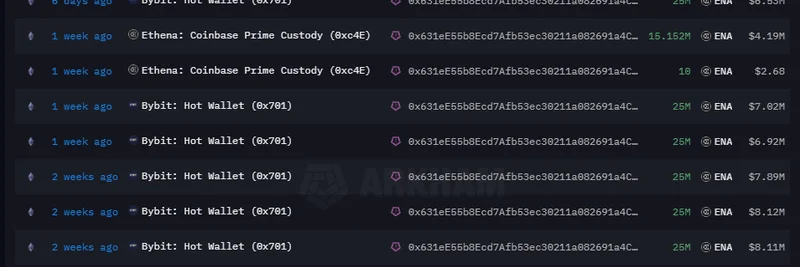In the ever-evolving world of cryptocurrency, one tweet can spark a wildfire of discussion. That's exactly what happened when Brian Long, an entrepreneur and blockchain enthusiast based in Boulder, CO, posed a thought-provoking question on X (formerly Twitter). Long, known for his work with projects like Solana, Wormhole, Pyth, and Sui, asked: "With crypto gaining legitimacy in the US, do you expect regulators to show more or less scrutiny when it comes to Material Non-Public Information (MNPI) in DeFi transactions?" You can check out the original tweet here.
For those not deeply entrenched in financial jargon, let's break this down. MNPI stands for Material Non-Public Information. In traditional finance, it's the kind of insider knowledge that could significantly impact a stock's price if made public. Trading on MNPI is illegal—think Martha Stewart's infamous case or the plot of countless Wall Street movies. It ensures a level playing field for all investors.
Now, apply this to DeFi, or Decentralized Finance. DeFi operates on blockchain networks, allowing peer-to-peer transactions without intermediaries like banks. It's the wild west of finance: fast, innovative, and often pseudonymous. Meme tokens, those viral cryptocurrencies born from internet culture (like Dogecoin or newer entrants), thrive in DeFi ecosystems. They can skyrocket on hype, but whispers of upcoming listings, partnerships, or token burns could qualify as MNPI if not disclosed properly.
Long's question comes at a pivotal time. Crypto is indeed gaining legitimacy in the US. We've seen Bitcoin ETFs approved by the SEC, major politicians courting the crypto vote, and even traditional institutions dipping their toes into blockchain tech. But with great power comes great responsibility—or in this case, greater scrutiny.
So, will regulators dial up the heat on MNPI in DeFi? My bet is yes, more scrutiny. As crypto integrates into the mainstream financial system, agencies like the SEC and CFTC will likely extend existing insider trading laws to digital assets. We've already seen enforcement actions against individuals for front-running or manipulating DeFi protocols. For instance, the SEC has charged people with securities fraud in crypto schemes resembling traditional pump-and-dumps.
This could mean big changes for meme token creators and traders. Imagine mandatory disclosures for project insiders, or smart contract audits that flag potential MNPI leaks. It might slow down the frantic pace of DeFi, but it could also build trust, attracting more institutional money and stabilizing volatile meme markets.
On the flip side, overregulation could stifle innovation. DeFi's beauty lies in its accessibility—anyone can launch a token or provide liquidity. Too much oversight might push activity offshore or underground, defeating the purpose of legitimacy.
What do you think? Brian Long's query opens the door to a crucial debate. As someone who's covered crypto highs and lows at CoinDesk, I see this as a natural evolution. For blockchain practitioners and meme enthusiasts, staying informed on regulations isn't just smart—it's essential for navigating the future of DeFi.
If you're diving into meme tokens, remember: knowledge is your best defense against regulatory pitfalls. Check out resources on Solana's ecosystem or Wormhole's cross-chain tech for deeper insights into where DeFi is headed.



